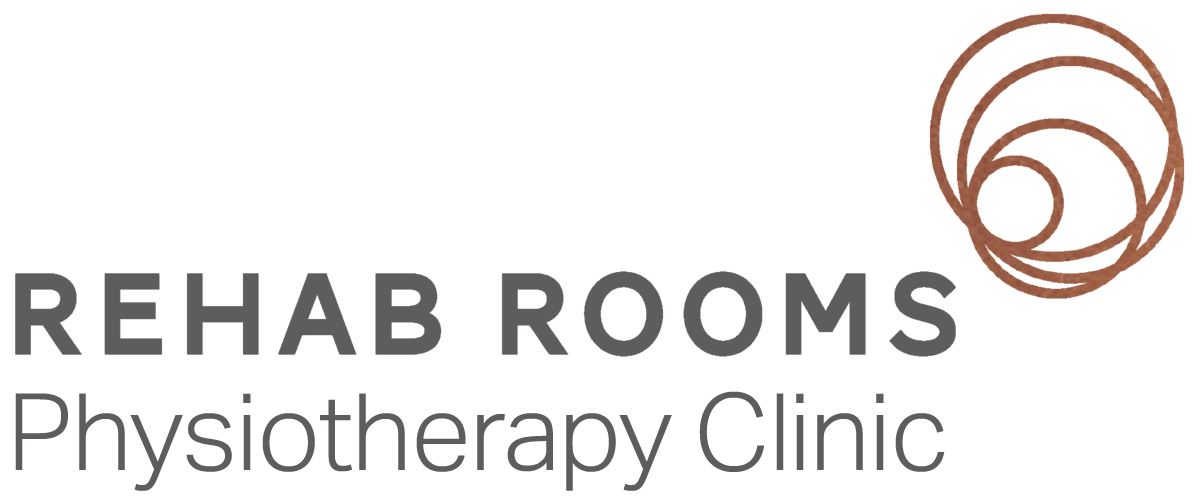Navigating Knee Pain: Surgery vs. Exercise
As we continue to explore and address common health concerns in our clinic, we're delving into a topic that frequently surfaces in our practice – knee pain and degenerative meniscus tears.
This time, we're focusing particularly on the debate between exercise therapy and surgery as viable treatment options. This post aims to unravel the evidence surrounding these options, offering clarity and empowering choices for those grappling with knee pain.
Let's gain a better understanding by addressing some frequently asked questions.
What can cause my knee pain?
Knee health is integral to overall well-being and for those grappling with knee pain that can often present as a dull or aching discomfort, either localised or extending across the entire knee, a key player in this scenario is often the meniscus.
What is the meniscus and why is it important for my knee?
The meniscus, a crucial component of knee anatomy, comprises two crescent-shaped structures situated between the thigh (femur) and shin bones (tibia). These structures, known as the medial (inner) and lateral (outer) meniscus, play a vital role in ensuring stability and proper knee joint function. The meniscus can be subjected to degenerative tears.
Who is prone to these meniscus tears?
Degenerative meniscus tears are more prevalent in middle to older age individuals, with symptoms gradually emerging. This slow onset often manifests as arthritic symptoms in the knee. It is important to differentiate degenerative tears from traumatic meniscal tears whereby a significant injury occurs to the knee such as a twist on one leg. This article refers to degenerative meniscal tears.
Do I need surgery or is there an alternative?
While surgery has traditionally been the default solution for degenerative meniscus tears, research indicates that physiotherapy, specifically exercise therapy, can be a more effective and safer alternative. Note this is different than traumatic meniscal tears where surgery is indicated.
Examining scientific proof: What does it tell us?
High-quality studies reveal that exercise therapy not only matches the effectiveness of surgery in relieving symptoms for individuals facing degenerative meniscal tears and associated knee symptoms but also contributes to enhanced thigh muscle strength, which is essential for maintaining optimal knee health and countering the risk of knee osteoarthritis.
What about surgery?
Research has shown arthroscopic partial meniscectomy – the surgical removal of part of the meniscal tissue – does not show superior effectiveness over placebo or sham surgery for individuals with degenerative meniscal tears and knee symptoms. Furthermore, the procedure carries rare but serious risks, including a threefold increase in the risk of future knee replacement surgeries.
Exercise: A safer choice
Unlike surgery, exercise therapy doesn't bring along the potential risks associated with surgical procedures. It's a safer, evidence-backed alternative that puts the power back in your hands.
Managing knee pain: Essential tips
Load Management and Activity Modification:
Managing degenerative meniscus knee pain begins with understanding and adjusting your daily activities. In the short term avoid repetitive stress on the knee by modifying high-impact activities like running or jumping. Instead, opt for low-impact exercises such as swimming or cycling.
Knee Strengthening:
Strengthening the muscles around the knee joint is crucial. Focus on exercises that target the quadriceps, hamstrings, and calf muscles. This not only supports the knee but also improves overall joint stability. Consider incorporating resistance training and bodyweight exercises into your routine
Remember, these tips serve as general guidance and may not be suitable for everyone. People vary in many aspects – from the sports they play to their body types and knee conditions. Our team of therapists will evaluate your specific situation and create a tailored treatment plan that caters to your unique needs and objectives, ensuring the most effective approach for your knee pain.
Reference: Siemieniuk, R.A., Harris, I.A., Agoritsas, T., Poolman, R.W., Brignardello-Petersen, R., Van de Velde, S., Buchbinder, R., Englund, M., Lytvyn, L., Quinlan, C. and Helsingen, L., 2017. Arthroscopic surgery for degenerative knee arthritis and meniscal tears: a clinical practice guideline. Bmj, 357.
What to do next…
If pain is hindering your daily activities, we're here to help.
At Rehab Rooms, our commitment to accurate diagnosis and thorough assessment underpins our successful treatment outcomes.
You can easily schedule an appointment by emailing us at info@rehabrooms.ie, calling us on 01 430 5634, or clicking the book now button at the top of the screen and find a time that works best for you.
